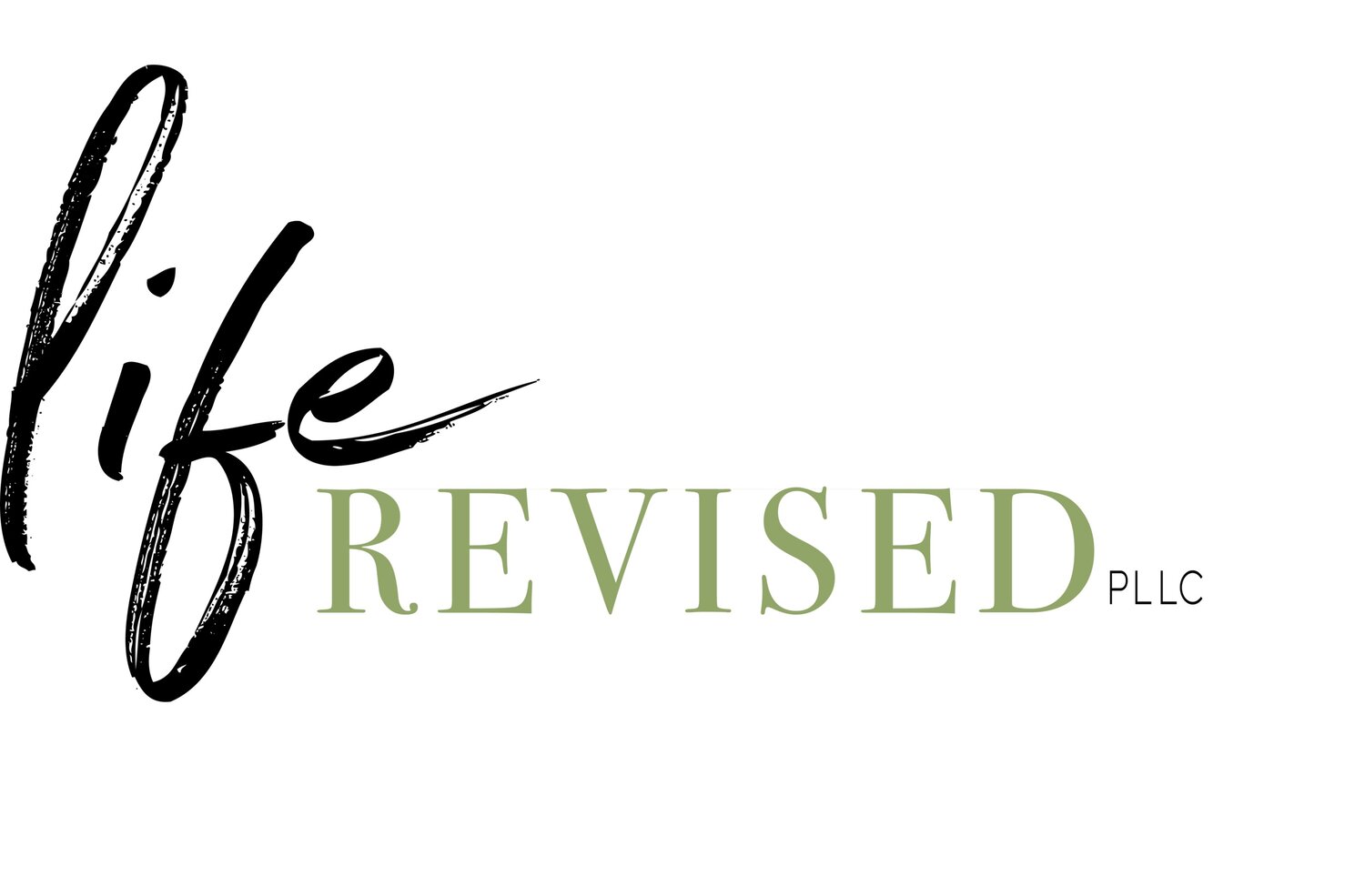
Reclaim your peace of mind. Heal from your past trauma.
Post Traumatic Stress Disorder
A trauma is when you experience an overwhelming and highly stressful event that makes it difficult to cope, diminishes your sense of safety and security, causes feelings of helplessness or horror and can even impact your ability to experience a full range of emotions.
Traumatic events are often life threatening where there is death, threat of death, serious injury or threat to personal integrity, but can be any situation that leaves you feeling overwhelmingly frightened and helpless.
Trauma can occur from an isolated, one time event, multiple events or ongoing events. It can occur from you experiencing the event yourself, witnessing the event happened to someone else or hearing about the event happen to someone you care about.
Some examples of traumatic events are domestic violence, combat, abuse (sexual, physical or neglect), living in a crime ridden neighborhood, car accident, battling a life threatening illness, getting bullied, sudden death of someone significant, a humiliating or cruel experience, terrorist attack, break up of a significant relationship, separation from a parent in childhood etc..
Most people experience post traumatic stress symptoms after a traumatic event. In time, they may recover naturally, but when they don’t recover it means something is getting in the way of natural recovery and then they are diagnosed with Post traumatic Stress Disorder (PTSD).
Symptoms of PTSD
RE-EXPERIENCING THE EVENT IN SOME WAY
Nightmares
Flashbacks: Acting out or feel like the event is happening again
Memories that suddenly pop into your mind either when you are reminded or out of the blue.
BODILY AROUSAL
Strong emotional and physical reactions when you think about the event
Problems falling or staying asleep
Irritability or angry outbursts
Concentration problems
Bigger than normal startle reactions (like jumping when someone walks up behind you)
Feeling on guard or looking over your shoulder even when you are not in a dangerous situation
AVOIDANCE
Avoid people, places, sounds, smells, television programs or other things that remind you of the event
Try to prevent yourself from having feelings about the event
Trouble remembering all or part of the event
Feeling numb and cut off from the world around you
Feel like you are watching life from behind a glass
How does counseling therapy work with PTSD?
There are several forms of therapy that can help with PTSD. At Life Revised, we are STRONG STAR trained to use a therapy called Cognitive Processing Therapy (CPT). In this form of therapy, you do not have to talk about the details of the trauma if you don’t want to. The treatment is about 12 sessions long. You will be assessed throughout the treatment to track your progress. You will learn more about how trauma works and how to heal from it. Together we will discuss what you tell yourself about what happened to you, why you think it happened, and what you believe about yourself, others and the world as a result of the trauma. We will work together to help you stop avoiding, work through your natural emotions and identify the beliefs you developed that are keeping you stuck and not recovering.





Believe it or not, the way you feel is not because your friend did not acknowledge you. The way you feel is due to the thought you had about it. It is not the situation that causes you to feel an emotion, but your perception or the meaning you assign to it.